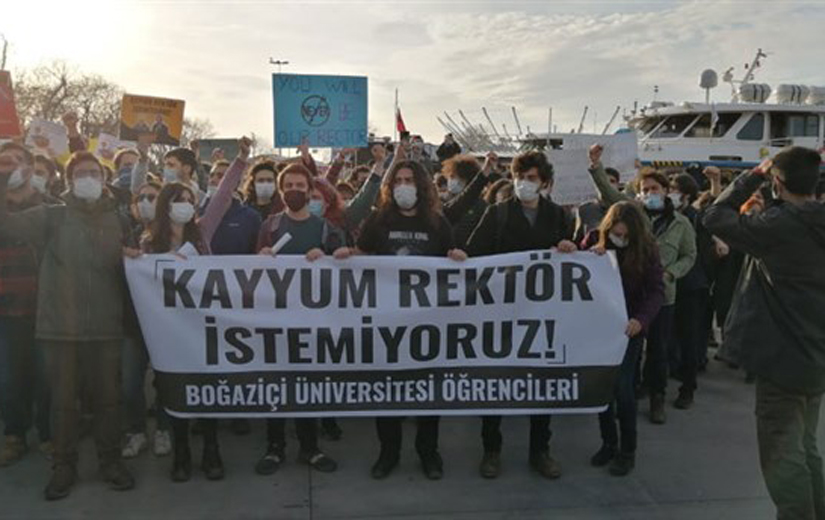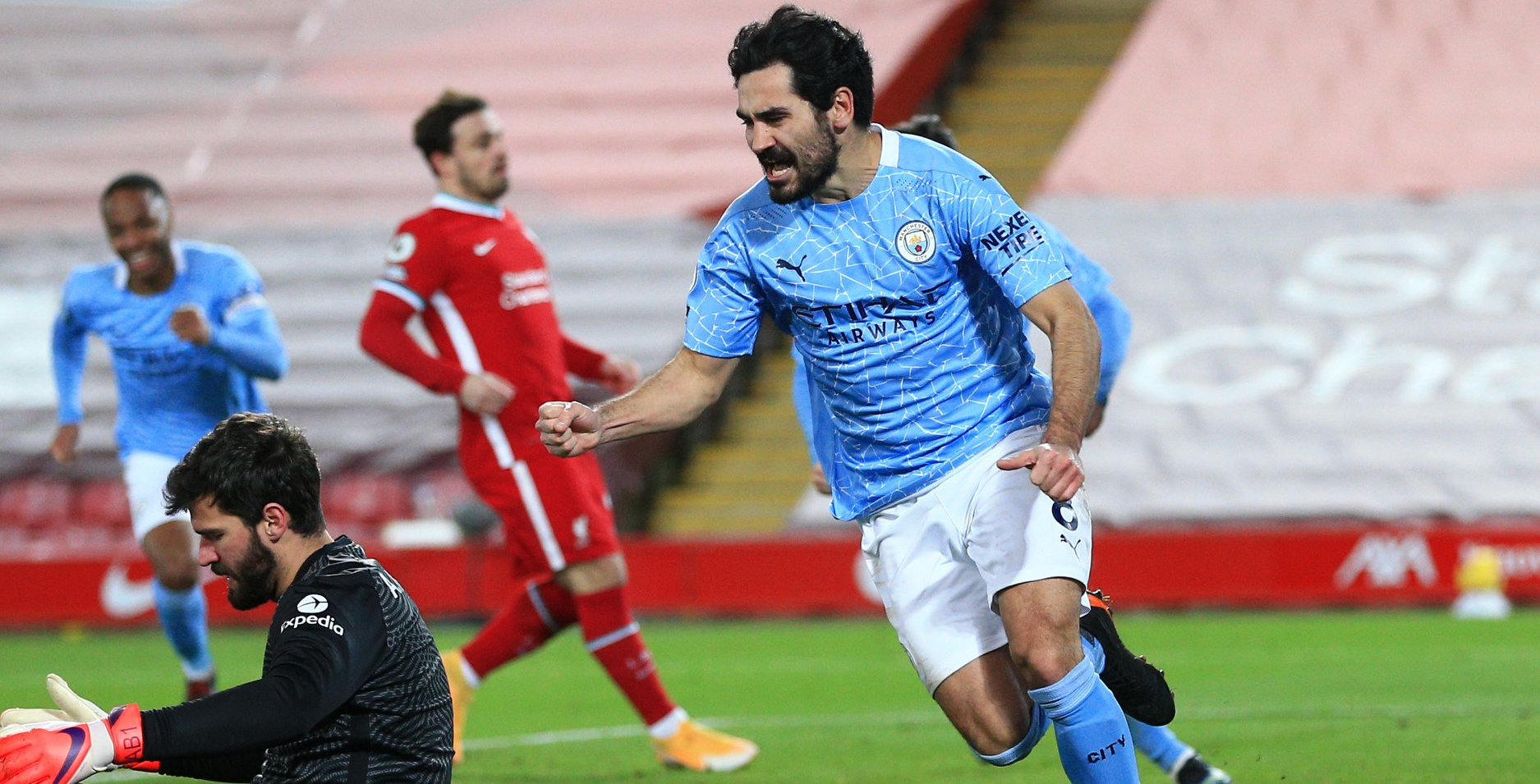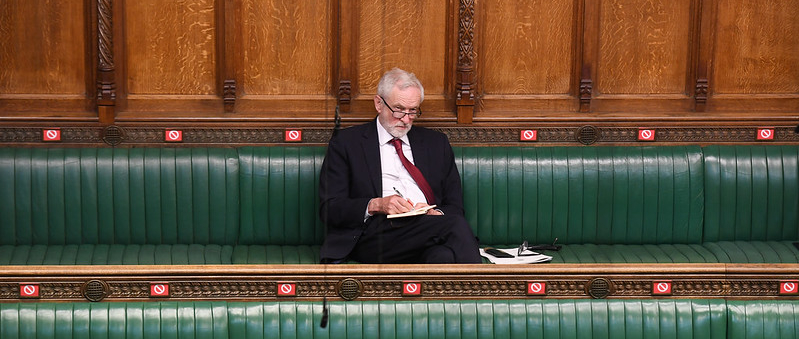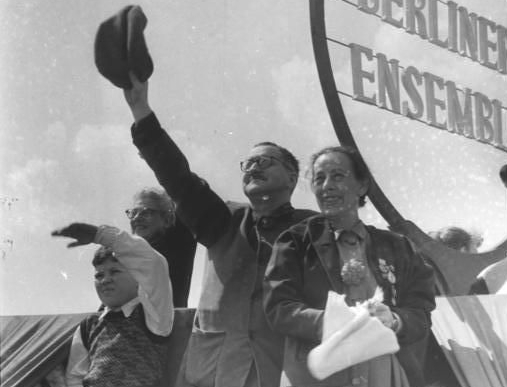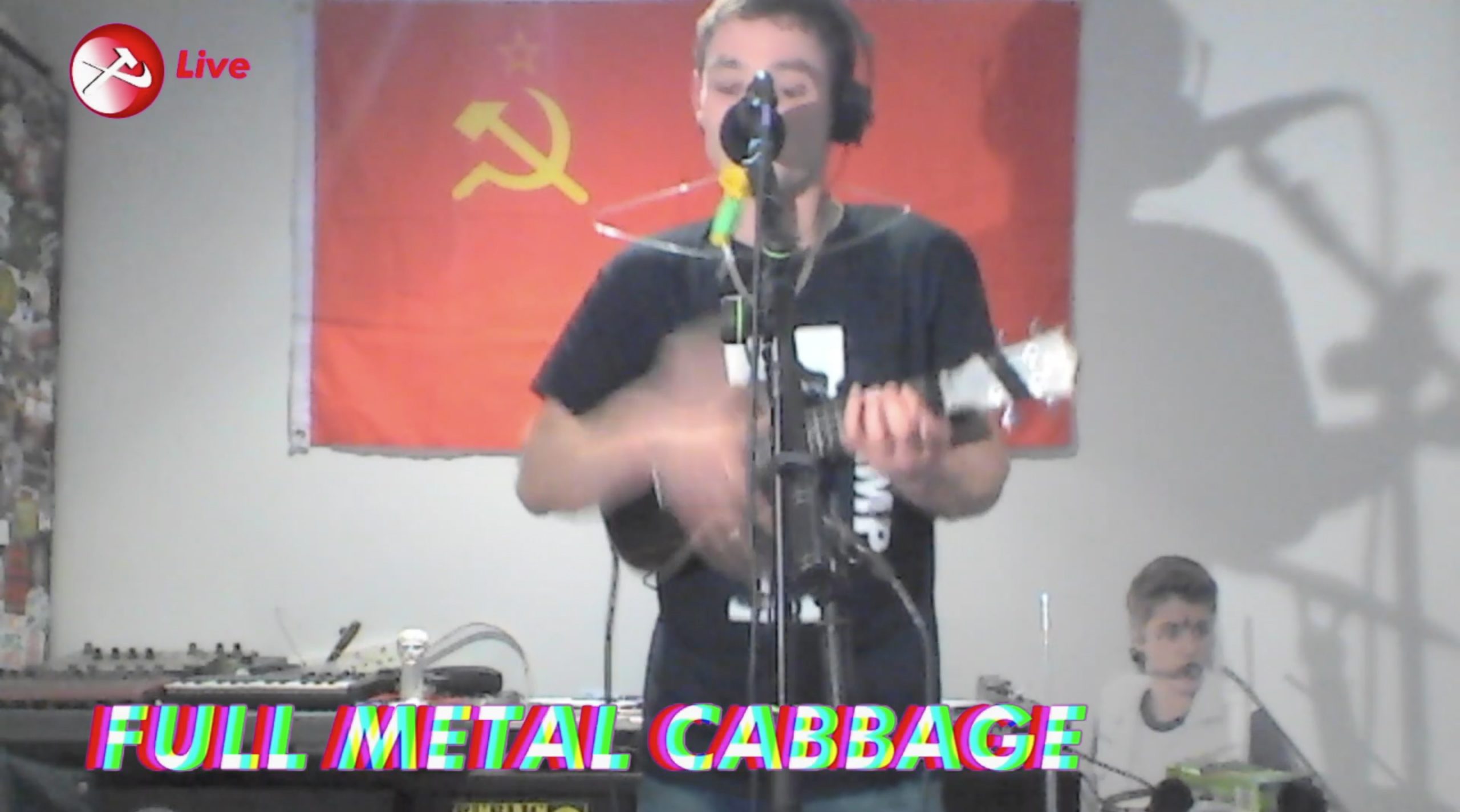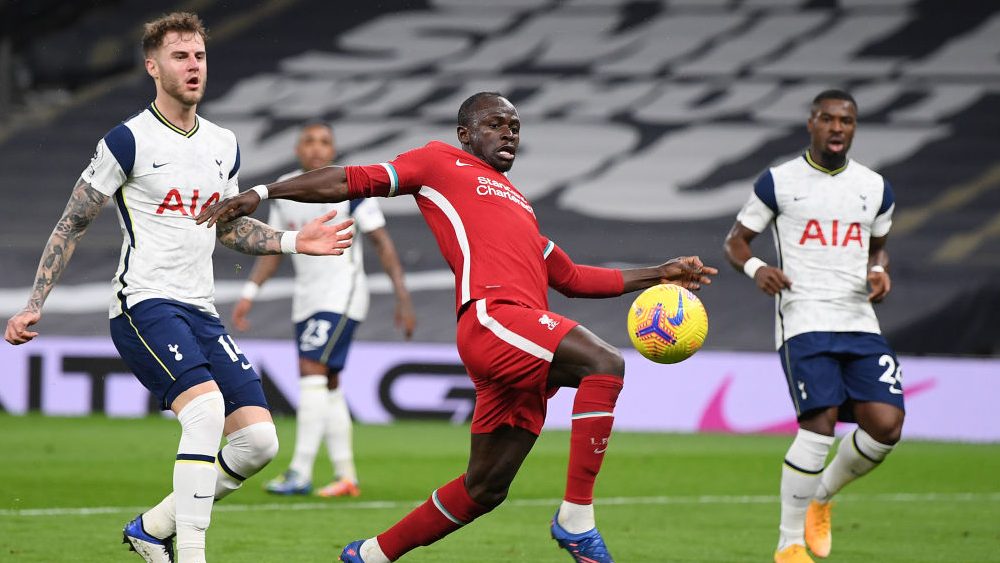A Worker Reads History by Bertolt Brecht.
Bertolt Brecht is an eternal darling of leftist lovers of poetry. As a young man, Brecht discovered Marxism in the process of looking for methods to politicise his artistic aesthetic. Brecht’s work is thus built on historicism and critique of established institutions, as well as the various myths surrounding these institutions.
This artistic methodology of Brecht is best seen in his poem A Worker Reads History. Here, Brecht recounts centuries of historical events, which he exaggerates in order to emphasise the place of the Worker. Brecht shows the historical events as impermanent and transitory, with one constant: mighty buildings and great men change, but cooks and builders remain. The poem contains little description – as most of Brecht’s work, it is intended to alienate the reader and put them outside of the described events so that the reader can adopt a critical attitude.
